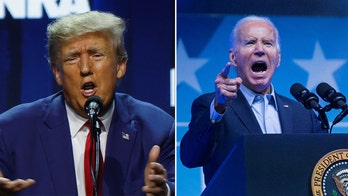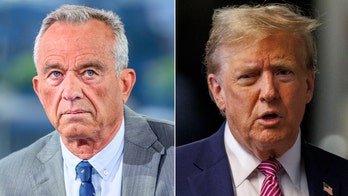Artificial intelligence (AI) is rapidly becoming a force in the political arena, raising concerns about its potential to manipulate elections. From allegations of AI-generated candidates to deepfake propaganda, AI technology is being leveraged to influence voter behavior in new and potentially sinister ways.
In the recent United Kingdom general election, Reform UK candidate Mark Matlock found himself at the center of a controversy alleging that he was not a real person but an AI-generated construct. Matlock vehemently denied the claims, attributing his seemingly artificial appearance to a hastily edited campaign poster. Despite his insistence, suspicions lingered among voters, highlighting the growing unease over the potential use of AI in elections.

The Rise of AI in Politics: Can Artificial Intelligence Influence Elections?
AI technology has the capability to analyze vast amounts of data, including social media activity, search engine history, and even facial expressions, to create highly personalized and targeted messages for voters. This raises concerns that AI could be used to manipulate voter preferences or spread misinformation.
In the UK election, suspicions were raised about multiple Reform UK candidates allegedly being AI-generated. Users on social media pointed to a lack of online activity and questionable campaign materials as evidence. However, the party claimed that these candidates were genuine individuals, albeit friends and family members recruited in a rush to fill vacant spots.

The Rise of AI in Politics: Can Artificial Intelligence Influence Elections?
Beyond AI candidates, deepfake technology poses another threat to election integrity. Deepfakes use AI to create realistic videos that appear to show people saying or doing things they never did. In last year's Turkish presidential election, a candidate alleged that Russia released an AI-generated sex tape to damage his reputation.
The increasing sophistication of AI raises concerns about its potential impact on future elections. AI-driven campaigns could target voters with tailored messages, bypass traditional media outlets, and spread misinformation more effectively. This could undermine trust in democratic processes and manipulate voter behavior on a scale never seen before.

The Rise of AI in Politics: Can Artificial Intelligence Influence Elections?
Governments worldwide are wrestling with the implications of AI in elections. Some, like the United States, are considering legislation to address deepfakes and other forms of election interference. Others are exploring ways to regulate AI's use in political campaigns.
While AI poses risks to election integrity, it also has the potential to enhance transparency. AI tools can analyze campaign spending, monitor social media for misinformation, and detect potential fraud. This raises the possibility of using AI to strengthen democratic processes by making them more transparent and accountable.

The Rise of AI in Politics: Can Artificial Intelligence Influence Elections?
As AI continues to evolve, its impact on the political landscape remains uncertain. It is essential for policymakers, political parties, and voters to understand the risks and potential benefits of AI technology. By working together, we can harness AI's power to strengthen democracy while mitigating its potential threats to election integrity.











